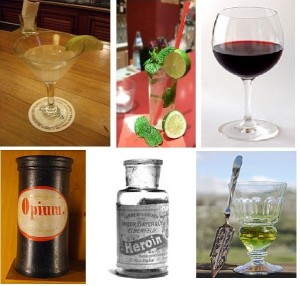After reading Henry Farrell’s essay “Philip K. Dick and the Fake Humans” in the Boston Review, I felt compelled to comment.
Farrell’s essay is fascinating and well written, if somewhat unfocused. He begins by stating that literary dystopias suffer from a flaw in that all their mechanisms for controlling people are 100% functional. The devices used by dictators to keep people down always work. A more realistic depiction of a dystopia would include breakdowns, bugs, faults, etc.
He cites, for example, our own modern world where computers collect data on all of us, but the algorithms are glitch-prone and the software is just as likely to backfire against the programmers. Farrell then discusses how our cyber-modernity merges real and unreal, with bots, fake identities, avatars, etc.
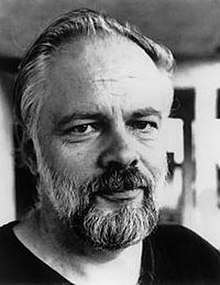
This, Farrell says, is Philip K. Dick’s future, not Aldous Huxley’s or George Orwell’s. The remainder of the essay delves into Dick’s books and that author’s themes of dysfunctional worlds and the blending of real with unreal. The essayist makes several comparisons between Dick’s stories and our world today.
Much of Farrell’s essay is a celebration of Philip K. Dick’s work. I haven’t read much by PKD, just the collection 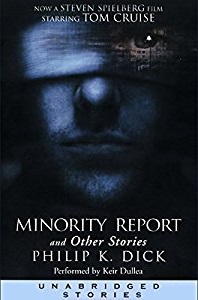 Minority Report and Other Stories, which includes “The Minority Report,” “We Can Remember It For You Wholesale,” “Paycheck,” “Second Variety,” and “The Eyes Have It.” These tales show Dick’s tendency to fuse real and unreal, and feature unexpected plot twists.
Minority Report and Other Stories, which includes “The Minority Report,” “We Can Remember It For You Wholesale,” “Paycheck,” “Second Variety,” and “The Eyes Have It.” These tales show Dick’s tendency to fuse real and unreal, and feature unexpected plot twists.
It’s a thought-provoking essay, and it provoked several for me. First, no author who writes a book set in the future has ever gotten it completely right. Nor does any author expect to. The human world is too complex to capture in a story. Orwell and Huxley weren’t writing to predict, so much as to warn. I’m sure the same is true of Philip K. Dick.
Even if all three authors had been in the forecasting business, it’s expected, not remarkable, that the one born in 1928 would come closer to envisioning our modern world than the ones born in 1903 or 1894.
There’s a reason technology never breaks down in most literary dystopias. The point of these stories is to show the effect of a well-functioning freedom-crushing government on humans, to show an individual’s struggle against that society, whether futile or successful. If the machinery of a dystopian regime were glitchy and error-ridden, that would lessen the intensity of the conflict.
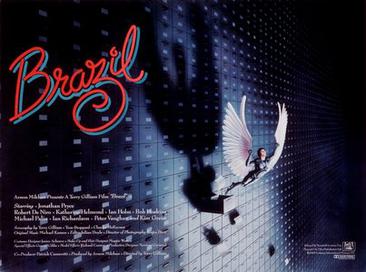
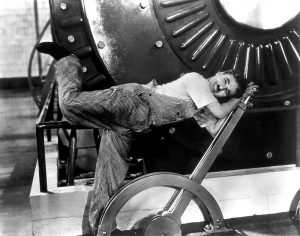
Moreover, writers other than Philip K. Dick have explored dysfunctional dystopias (hmmm…dys-dys?) before. For me, the 1985 movie Brazil, written and directed by Terry Gilliam, comes to mind. The 1936 film Modern Times, with Charlie Chaplin, could be another example. These depictions inject hiccups and goof-ups into their dystopias, making them not only humorous but also more realistic, more human. When done well, such stories still bring out the basic human-vs.-society conflict that is the essence of dystopian literature.
I commend Henry Farrell for his fascinating essay, with its detailed comparisons of PKD’s stories to modern life. However, I’m not ready to classify our real world as a dystopia, or utopia. We’re somewhere in-between. Things would have to get much, much worse before I’d classify our world as a dystopia, whether of the functional or dysfunctional variety. Sorry if it seems like I’ve been dissing the dys-dys, but that’s just me being—
Poseidon’s Scribe

